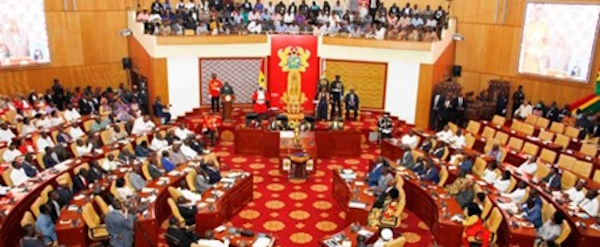
A] Prelude
As ‘Westerns’ we are used to have a fully equipped functioning retirement system in place. Therefore interesting to see how a country like Ghana is on the path to such a system.
For more information on pension systems, risk and coverage, feel free to visit our dedicated webpages:
https://expatpensionholland.nl/usa-expat-pensions
https://expatpensionholland.nl/global-pillars-systems
https://expatpensionholland.nl/global-investments-risks-0
https://expatpensionholland.nl/global-social-security-coverage
B] The Issues
The Social Security and National Insurance Trust (SSNIT) has organized a stakeholder engagement forum dubbed the SSNIT posium, under the theme “Building a Knowledge-Based SSNIT Scheme” aimed at shaping the future of the SSNIT Scheme. The event brought together experts from academia, professional associations and the pensions industry to share insights and foster collaboration on improving the Scheme.
The Director-General of SSNIT, Mr. Kofi Osafo-Maafo, acknowledged the need for more public engagement and transparency regarding the Scheme. Referring to the International Labour Organization’s (ILO) actuarial report, he explained that the assumptions made in the report were not predictions but served as guides for necessary adjustments and improvements. He reassured stakeholders that the sustainability of SSNIT is not in doubt and the Trust will continue to function for decades to come.
Mr. Osafo-Maafo also addressed concerns about potential amendments to the Pensions Act. Noting that SSNIT must educate the public and stakeholders to address concerns and shape the future of pensions in Ghana. He explained that while increasing pension payments is a priority, it must be addressed over the long term due to current limitations on the Scheme’s resources and the financial capacities of employers and employees.
Reflecting on previous actuarial reports that predicted SSNIT’s closure by 2025, Mr. Osafo-Maafo clarified that the Scheme has evolved and continues to adapt to new challenges. He assured the audience that SSNIT has never missed a pension payment and has no plans to do so in the future. Thus urging employees and unions to engage in discussions with their employers to resolve issues related to pension contributions and benefits.
Prof. John K. M. Mawutor expressed concerns over past reports that suggested SSNIT might not be able to meet its financial obligations beyond 2036. However, he acknowledged that the Trust had since clarified its position, reassuring members that SSNIT would continue to honor its commitments to beneficiaries. He emphasized the critical role academics play in shaping public perception of SSNIT. He called for constructive criticism of the Scheme, warning that vague or unsubstantiated comments could damage public trust in SSNIT. He urged the Director-General to incorporate the discussions’ key points into future pension reforms to ensure a resilient and sustainable scheme.
Mr. Frank Molbila stressed the importance of collective wisdom in addressing the complexities of the social security system. He highlighted the benefits of the SSNIT Scheme, including old-age pensions, invalidity pensions and life insurance through survivor benefits. He encouraged participants to engage in meaningful dialogue to help shape the future of SSNIT. He emphasized that the Scheme guarantees benefits for old age, even beyond 90 or 100 years, as well as pensions for contributors who become permanently incapacitated due to illness or accident. Survivor benefits are also provided to dependents, offering further security to SSNIT members.
C] Finally
In conclusion, the SSNIT podium provided a platform for experts to engage in discussions about the challenges facing SSNIT and explore innovative solutions to strengthen the Scheme. The commitment to fostering collaboration and knowledge-sharing was evident, ensuring that the SSNIT Scheme remains sustainable and beneficial for generations to come.
